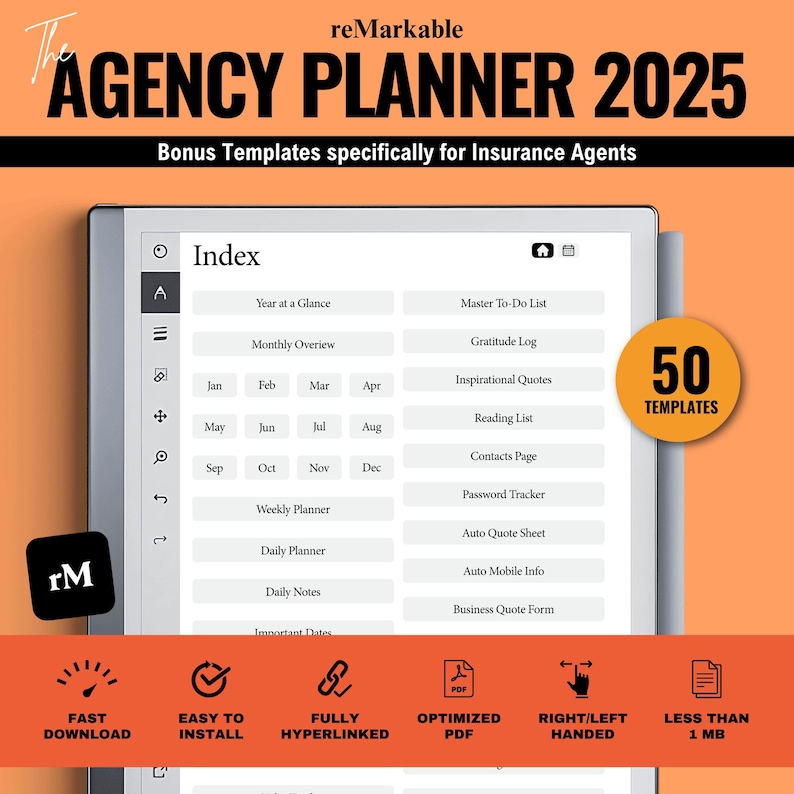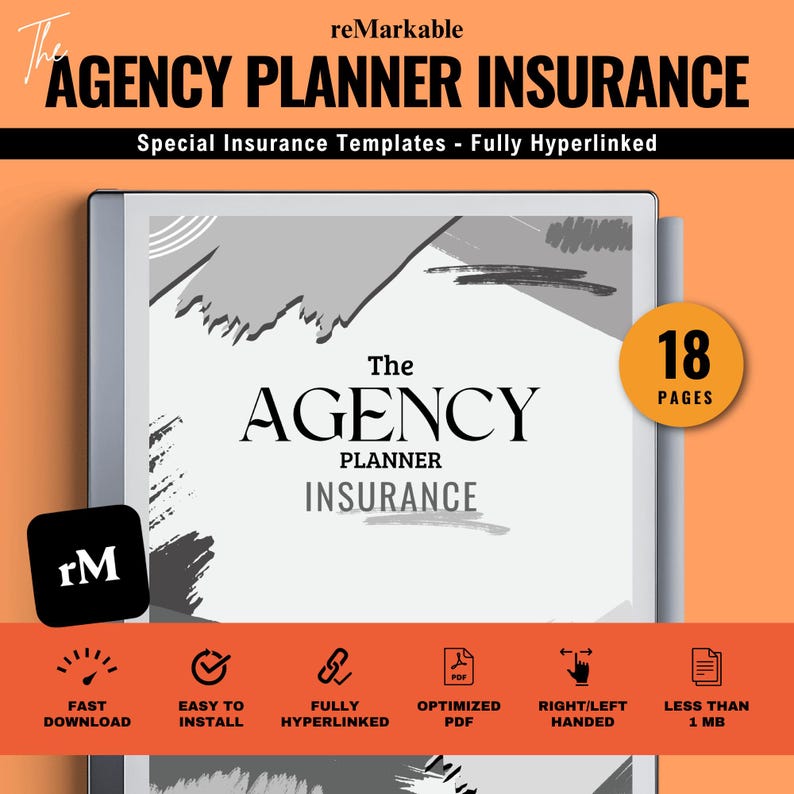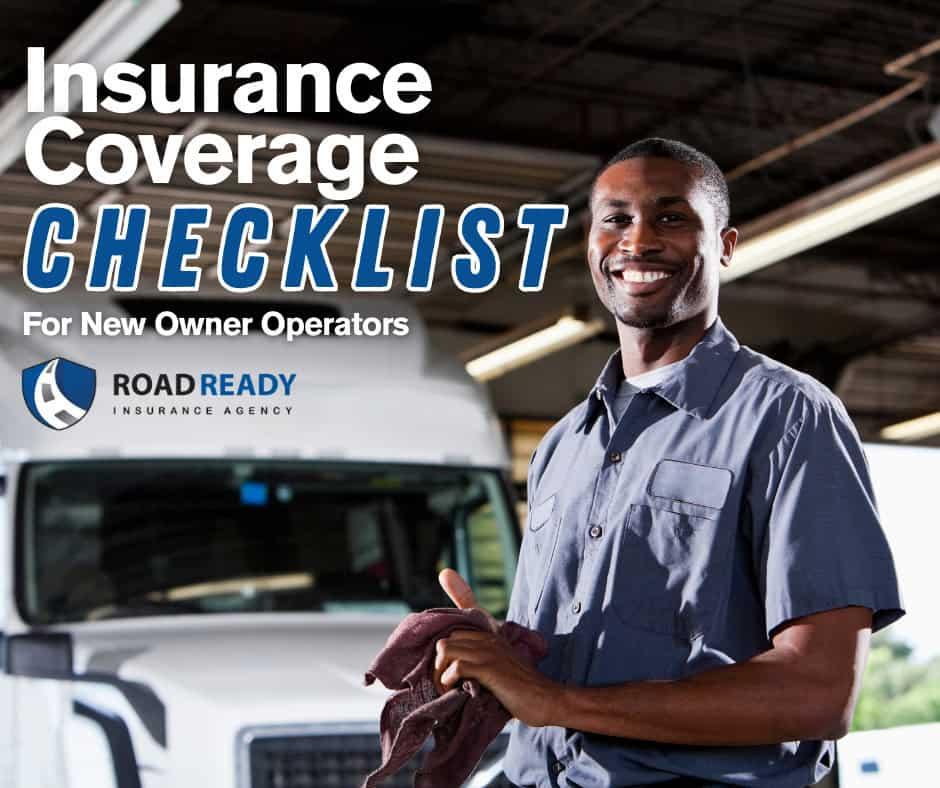When it comes to running your own trucking business as an owner-operator, insurance isn’t just a legal formality—it’s a critical safeguard that protects your livelihood, your equipment, and your future. Navigating the complex world of insurance requirements can be overwhelming, especially with varying regulations and coverage options to consider. In this article, we break down the essential insurance requirements every owner-operator needs to understand, helping you make informed decisions that keep your business compliant, secure, and ready to hit the road with confidence. Whether you’re just starting out or looking to update your coverage, this guide is your go-to resource for peace of mind on every haul.
Table of Contents
- Understanding Liability Coverage and Its Importance for Owner-Operators
- Comprehensive Cargo Insurance Explained for Protecting Your Freight
- Navigating Physical Damage Insurance Requirements and Benefits
- Recommendations for Choosing the Right Insurance Providers and Policies
- Final Thoughts
Understanding Liability Coverage and Its Importance for Owner-Operators
Liability coverage is a critical component of an owner-operator’s insurance portfolio, serving as a financial shield against claims arising from bodily injury or property damage caused during trucking operations. Without adequate liability coverage, owner-operators risk bearing the full brunt of expensive lawsuits or settlement costs, which can jeopardize not only their business but personal assets as well. This insurance ensures that in the event of an accident, the damaged party’s medical expenses, repair costs, or legal fees are addressed, allowing owner-operators to maintain operational stability and regulatory compliance.
Understanding the scope of liability coverage is essential for customizing protection that meets unique business needs. Key considerations include:
- Minimum Coverage Limits: Federal regulations often mandate baseline liability limits, but opting for higher coverage can better safeguard against severe claims.
- Types of Liability: General liability, auto liability, and cargo liability each cover different risk areas and should be evaluated carefully.
- Policy Exclusions: Awareness of what your policy does not cover is vital for avoiding unexpected financial exposure.
Investing in comprehensive liability coverage provides peace of mind and protects an owner-operator’s livelihood, reinforcing the foundation of a responsible and resilient trucking business.
Comprehensive Cargo Insurance Explained for Protecting Your Freight
Comprehensive cargo insurance is a crucial safeguard for owner-operators who want to ensure their freight arrives safely and without unexpected financial loss. This type of insurance covers a broad spectrum of risks including theft, damage, and loss that might occur during transportation. Unlike basic coverage, comprehensive cargo insurance offers protection against unpredictable events such as natural disasters, accidents, and even pilferage. For owner-operators handling valuable or sensitive goods, this policy provides peace of mind, knowing that any unforeseen incident won’t result in a devastating out-of-pocket expense.
When choosing the right coverage, owner-operators should consider several key factors to tailor protection effectively:
- Type of cargo: Different goods pose different risks, so insurance needs vary dramatically from electronics to perishable items.
- Route vulnerabilities: Some routes may be more prone to theft or hazardous conditions, which calls for enhanced coverage limits.
- Claim limits and deductibles: Balancing affordable premiums with acceptable out-of-pocket costs is essential for sustainable coverage.
- Coverage extensions: Additional options like refrigerated cargo insurance or coverage for delays can be crucial depending on the shipment.
Navigating Physical Damage Insurance Requirements and Benefits
For owner-operators, understanding the nuances of physical damage insurance is crucial to safeguarding their most valuable asset—their vehicle. This type of coverage typically includes collision and comprehensive insurance, which protect against damages from accidents, theft, weather events, and vandalism. While not legally mandatory in all states, many leasing companies and clients require proof of adequate physical damage coverage before granting contracts or permits. Failing to maintain this insurance can lead to severe financial setbacks, especially when repairs or replacements involve substantial costs.
When selecting a policy, it’s essential to review the specific benefits offered, including:
- Repair cost coverage that ensures vehicles are restored to their pre-loss condition.
- Rental reimbursement to minimize downtime during repair periods.
- Coverage for aftermarket equipment often found on customized rigs.
- Deductible options tailored to balance premium expenses with out-of-pocket risks.
Owner-operators should also consult with insurance agents familiar with the trucking industry, ensuring their coverage not only protects against common risks but also aligns with their business model and operational geography.
Recommendations for Choosing the Right Insurance Providers and Policies
When selecting an insurance provider, prioritize reputation and financial stability above all. Look for companies with strong ratings from agencies like A.M. Best or Moody’s, as this ensures they have the resources to pay claims promptly. It’s equally important to review customer feedback and industry-specific experience to confirm the provider understands the unique challenges faced by owner-operators. Don’t hesitate to request detailed quotes and clarify coverage limits to avoid surprises down the road.
Key factors to consider include:
- Policy customization options tailored to trucking operations
- Comprehensive coverage that includes liability, cargo, and physical damage
- Transparent premium structures with no hidden fees
- Responsive and accessible claims support teams
Investing ample time in comparing policies and providers will safeguard your business from costly liabilities. Remember, the right insurance isn’t just a legal requirement—it’s a vital asset protecting your livelihood on every mile.
Final Thoughts
Navigating the world of insurance can feel overwhelming for owner-operators, but understanding and securing the essential coverage is not just a legal requirement—it’s a vital step in protecting your business, your livelihood, and your peace of mind. From liability insurance to cargo and physical damage coverage, each policy plays a crucial role in mitigating risks on the road. Staying informed and proactive about your insurance needs ensures you’re prepared for whatever challenges come your way, allowing you to focus on driving your business forward with confidence. Remember, investing in the right insurance today can save you from costly setbacks tomorrow.






